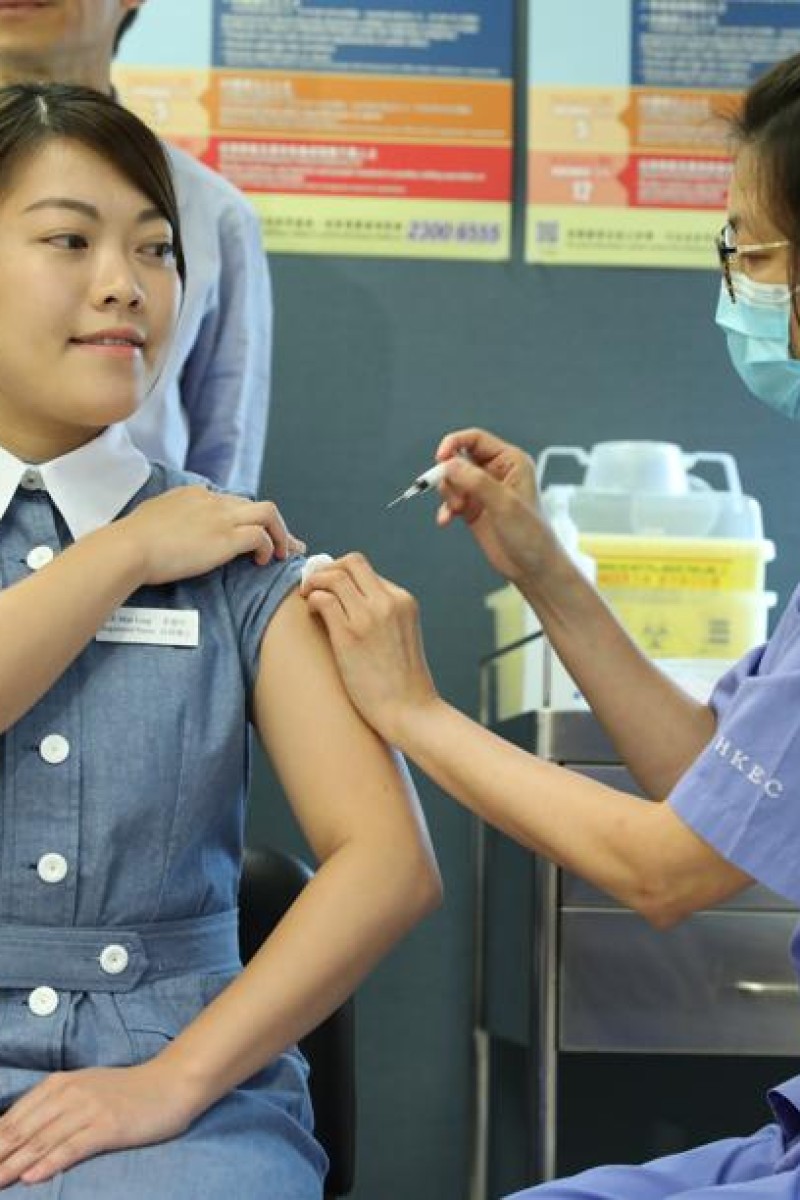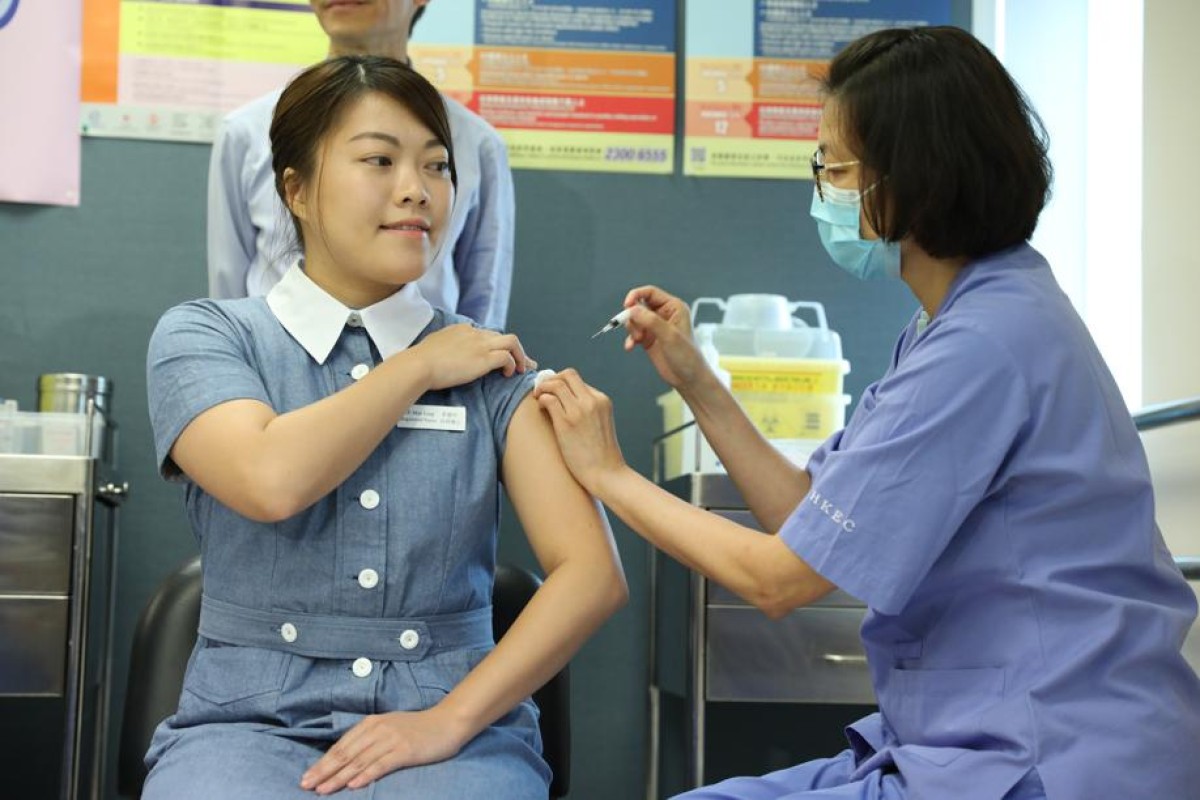
Zombie theories: History of vaccines and understanding immunisation
Tired of those arguments that just won’t die? Arm yourself with the facts for next time someone brings up a ... questionable theory
 Vaccines are safe, the Hong Kong government says.
Vaccines are safe, the Hong Kong government says. Immunisation is the process of exposing one’s immune system to a disease to gain an immunity to it. Vaccination is the process of delivering that disease in the form of a vaccine. Together, the process is the most effective way to protect oneself against serious preventable diseases such as tuberculosis, hepatitis B, measles, mumps and rubella. Smallpox, a disease that infected and killed millions every year, is now considered eradicated.
Anti-vaxxers
The anti-vaxxer movement thinks children should not have vaccines because they cause autism, a developmental disorder in children. Other common criticisms are that vaccines contain thiomersal, a mercury-based preservative, or aluminium, and cause metal poisoning. Or that they set off egg allergies.
Here in Hong Kong, celebrities such as singers Kay Tse On-kei and Leon Lai Ming have doubted vaccines, causing controversy and prompting many medical organisations and professionals to speak out against these misconceptions.
Craving junk food after a bad night's sleep? Science has an explanation for that
Impact
Besides causing people to fall ill with preventable diseases, which is a matter of personal choice, the anti-vaccine movement is also posing a threat to the concept of herd immunity, experts say. This is when a large percentage of a population who have been immunised slow or even stop the spread of infectious diseases, thus protecting people who cannot have vaccines, such as those who are ill or newborns. However, this protection only works if a very high number of people have been vaccinated.
For example, measles, a highly contagious disease, requires an immunity of 95 per cent or more for herd immunity to take effect. In certain areas of the US and Europe, measles cases have surged.
According to the World Health Organisation (WHO), more than 41,000 cases of measles have been reported in the first six months of this year in Europe, leading to 37 deaths, when compared to 23,927 cases in 2017. In 2016, there were 5,273 measles cases. This highlights the importance of vaccination.
The definition of a kilogram is about to change; what do the public need to know?
History
The generally cited study by a discredited British doctor, Andrew Wakefield, in 1998, alleging a link between the measles, mumps, and rubella (MMR) vaccines and autism, was eventually retracted by the publishing journal in 2010. This happened after Wakefield was struck off the British medical register by the UK General Medical Council in the same year for professional misconduct related to the study.
To this day, Wakefield maintains his position and has produced a film Vaxxed: From Cover-Up to Catastrophe, claiming there is a conspiracy to cover up research into links between the MMR vaccine and autism.
Debunking
The Department of Health in Hong Kong considers immunisation “a safe and effective means for people to protect against vaccine-preventable infectious diseases”, a spokesman said in a written reply to Young Post inquiries, noting that the government provides free vaccines for 11 infectious diseases under the Hong Kong Childhood Immunisation Programme.
The department’s Family Health Service, Centre for Health Protection and Drug Office also actively promote vaccination to the general public with information available on their websites, including dispelling anti-vaccine myths with video interviews with experts and fact sheets on vaccines.
The department points out the WHO considered that there is no available evidence suggesting possible health hazards with the amounts of thiomersal currently used in vaccines. In addition, the vaccines currently marketed in Hong Kong do not use either thiomersal or aluminium.
